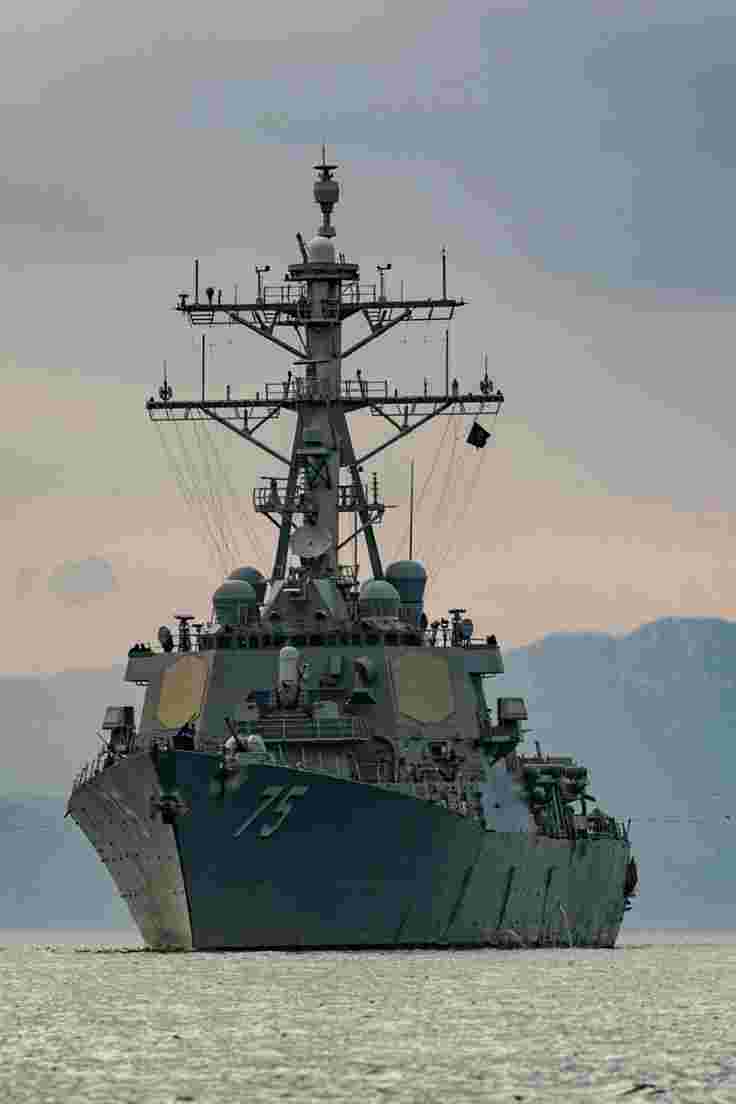Corruption scandals often shake governments, corporations, and institutions worldwide, but few have rattled the U.S. Navy as profoundly as the infamous Fat Leonard Scandal. More than just a tale of bribery and fraud, the Fat Leonard Scandal case study reveals a deeper issue: how power, influence, and unchecked access can compromise national security. This article revisits the scandal in detail, examining its causes, consequences, and lasting lessons for military ethics and governance.
Who Was "Fat Leonard"?
Leonard Glenn Francis, widely known as Fat Leonard due to his imposing size and flamboyant personality, was a Malaysian defense contractor and CEO of Glenn Defense Marine Asia (GDMA). For years, Francis cultivated close ties with senior U.S. Navy officers across the Pacific. His company provided ship support services such as fuel, port security, and supplies. However, beneath this business veneer lay an intricate web of bribery, fraud, and manipulation that would eventually bring down some of the Navy’s top-ranking officers.
The Mechanics of Corruption
The scandal’s mechanics were both shocking and surprisingly simple. Francis exploited his connections to manipulate Navy contracts, overcharge for services, and steer U.S. warships toward ports controlled by his company. In exchange, he lavished Navy officials with extravagant perks: luxury travel, expensive dinners, lavish hotel stays, and, infamously, wild parties featuring cash, alcohol, and escorts.
This pattern of “quid pro quo” relationships grew over the years, ensnaring dozens of Navy officers, from captains to admirals. At its peak, Francis not only had access to sensitive military schedules and logistics but also the loyalty of officials who should have been safeguarding national interests.
Exposure and Investigation
The scandal began to unravel in 2013, when federal investigators launched a probe into Francis’s dealings. A series of arrests followed, exposing a wide-reaching conspiracy that touched nearly every level of Navy leadership in the Pacific.
Investigators revealed that Francis had defrauded the Navy of at least $35 million by overbilling and fabricating charges. More than 30 Navy officials were implicated, with several convicted on charges ranging from bribery and conspiracy to obstruction of justice.
Perhaps the most shocking revelation was the involvement of high-ranking officers who had access to classified information about ship movements. By feeding such intelligence to Francis, these officers compromised operational security—putting U.S. naval readiness at risk.
The Human Side of the Scandal
Beyond the financial losses and institutional embarrassment, the Fat Leonard Scandal case study underscores the human vulnerability to greed, status, and temptation. Many of the officers caught in Francis’s web had decorated careers and were highly respected in naval circles. Yet the allure of luxury and personal gain clouded their judgment.
This dimension of the case reveals a harsh reality: no matter the level of training or responsibility, ethical lapses can arise when oversight is weak and accountability is absent.
Consequences for the Navy
The scandal had far-reaching consequences:
-
Erosion of Public Trust – Citizens expect military officers to embody honor, discipline, and integrity. The scandal tarnished this perception, casting doubt on the ethical standards of one of the world’s most powerful navies.
-
Damaged Alliances – Allies in the Pacific observed the scandal unfold, raising concerns about U.S. Navy credibility and security of information.
-
Institutional Reforms – In response, the Navy tightened procurement processes, strengthened oversight mechanisms, and implemented stricter ethics training. While necessary, these reforms came after years of unchecked corruption.
-
Careers Destroyed – Many officers lost ranks, pensions, and reputations. The scandal proved that misconduct at the top can lead to devastating personal and professional consequences.
Lessons from the Case Study
The Fat Leonard Scandal is more than a cautionary tale—it’s a case study in how systemic weaknesses can be exploited. Key lessons include:
-
The Need for Oversight – Robust auditing and monitoring of defense contractors are essential to prevent fraud.
-
Ethics Training – Beyond procedures, cultural change is required to instill accountability and honor in daily operations.
-
Transparency in Contracts – Open bidding and independent verification can reduce the risk of favoritism and corruption.
-
Whistleblower Protections – Encouraging reporting of misconduct without fear of retaliation is vital to preventing similar scandals.
A Scandal That Won’t Be Forgotten
Even years after Leonard Francis’s arrest and conviction, the Fat Leonard Scandal remains one of the Navy’s darkest chapters. It revealed cracks in an institution revered for discipline and integrity, proving that even the most powerful organizations can fall victim to corruption when vigilance wanes.
As the Navy continues to rebuild trust, the Fat Leonard Scandal case study stands as a stark reminder: maintaining honor requires constant vigilance, strict oversight, and the courage to resist the temptations of power and privilege.
Conclusion
The Fat Leonard Scandal case study is not just about one man’s corruption but a cautionary tale for institutions worldwide. Whether in the military, government, or corporate world, unchecked power and weak oversight can lead to devastating consequences. The Navy has paid a heavy price in reputation and resources, but the lessons learned have the potential to strengthen its future operations.
The story of Fat Leonard is, ultimately, a reminder that ethics and accountability must anchor every decision—because the cost of ignoring them is too high.




